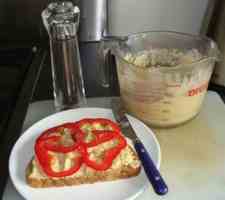| Back to Back Issues Page |
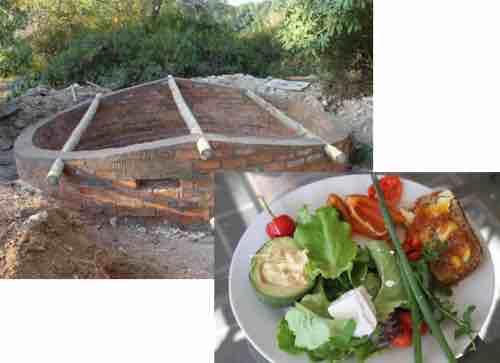 |
|
What are ultra-processed foods May 16, 2024 |
DearWhat are ultra-processed foods?What are ultra-processed foods and how are they associated with the exponential rise of chronic degenerative diseases? This page is a 15 minute read; and an hour to ponder how you are going to incorporate some of these ideas into your new lifestyle. It is not a blog to be skimmed through. Death from viral and bacterial infection such as happened in the recent pandemic frighten us and goad us into action. But the death and disability associated with the chronic degenerative conditions such as type 2 diabetes, cardiovascular disease and cancer do not appear to move us. The prevalent ostrich-like mentality is that they only affect other people. Yet they slowly but surely kill twice as many patients as viruses and bacteria combined. 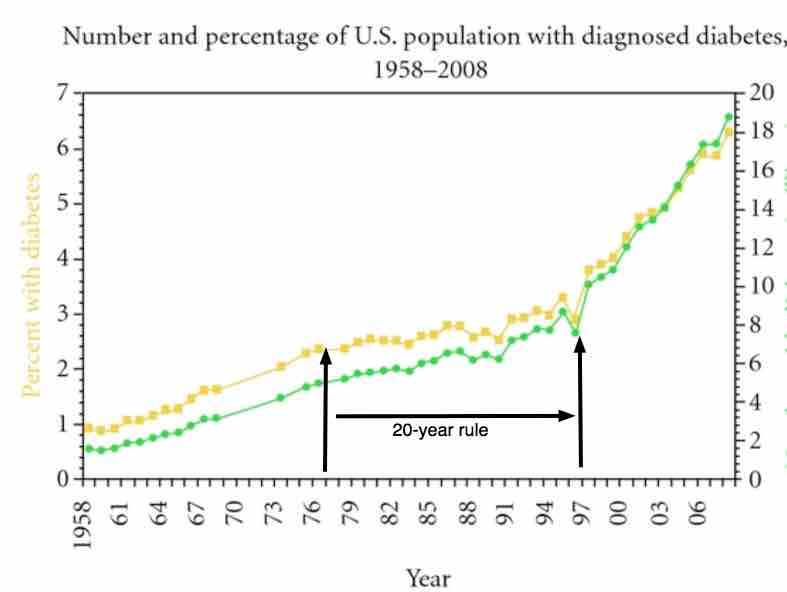
Processing of foodsFoods can be roughly divided into four categories. Naturally there is some overlap.* Completely unprocessed * Minimally processed * Processed * Ultra-processed foods (UPFs) Calories from ultra-processed foods now make up more than 50% of our daily energy intake if we rely on typical grocery store fare; and rising all the time. Amongst the youth the percentage is approaching 70.
Completely unprocessed foodsFoods such as munching on an apple or a carrot are low in calories, have little affect on our blood glucose and are full of flavour.Even a chunk of honeycomb has a low GI surprisingly. But they are seasonal, have relatively short shelf-lives and are often quite expensive except during a glut. So we have learned to preserve and process them.
Minimally processed foodsCorn on the cob for example can be eaten whole but generally grains are ground into flour which can be described as minimally-processed. Provided the meal is not sifted nothing is lost; nor is anything added and they are still full of flavour.Even roasting of meat, boiling of dried beans and extracting honey from the comb can be described as "minimally processed." All the nutrients remain intact and nothing except perhaps salt is added. Minimally processed foods are characterised by "resistant starch." The helical format of the carb makes it more difficult for the enzymes in the gut to digest the sugars. They have a low GI; they are not fattening.
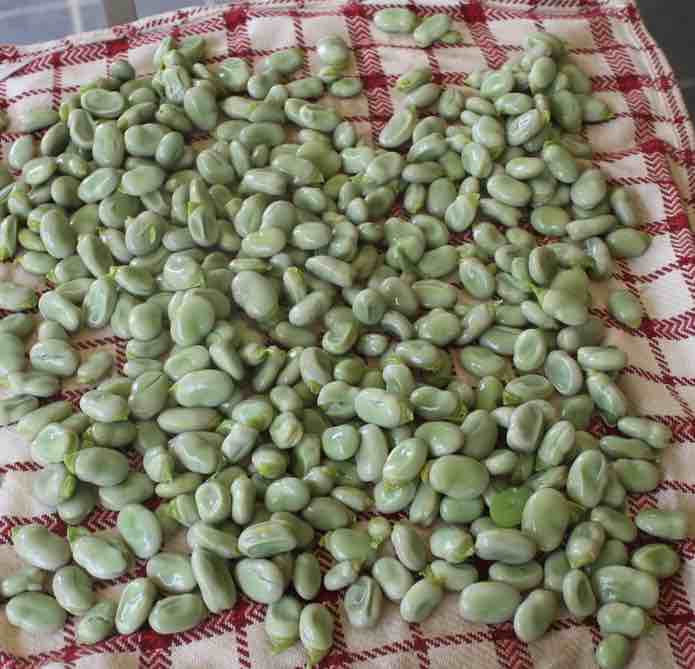
These blanched broad beans have been minimally processed; our favourite legume. Broad-bean-tips.html Processed foodsThe use of salt to preserve meat, vinegar in pickling and sugar for bottling fruit would be the first step in processing of food. There is little alteration of the substance but something is now added; a chemical of sorts which could be deleterious.Sodium vs Potassium for Lowering Blood Pressure The taste of the food is not greatly affected; there is no need for "flavour enhancers." There is a little toss up. Does the benefit of the nutrients in a preserved apple or cucumber outweigh the downside of the sugar or spirit vinegar? Cold storage is another part of processing. Apples and potatoes after months in refrigeration certainly are not unchanged. The structure of the "resistant starch" alters slowly but surely to the "rapidly digested" kind and the glycemic index rises dramatically; they become fattening.
The roundedness of the whole meal and enjoying many different foods daily becomes increasingly important. A green salad with added tomatoes, coloured peppers and olive oil would go a long way to overcoming the downside of a baked potato from cold-storage.
Ultra-processed foodsMore than half of the calories we now consume in typical grocery store meals come from ultra-processed foods; the products are highly modified by industrial purification.Typically the flavoursome compounds, fibre and phytonutrients are lost; many of the vitamins and minerals too. To give them a long shelf-life the natural fats are extracted and preservatives are added. There are multiple additives. Some synthetic vitamins and minerals may attempt to replace those natural forms that have been extracted. To mitigate against the fact that they have become tasteless flavour-enhancers, artificial sweeteners and many other chemicals are usually added; large amounts of sugar and salt. * Refined flour bakery goods including commercial bread * Super number-one maizemeal * Colas, both those with sugar and artificial sweeteners * Processed meat like bacon, polony and sausage * Most breakfast cereals * Flavoured yoghurts and fruit juices * Many snack foods 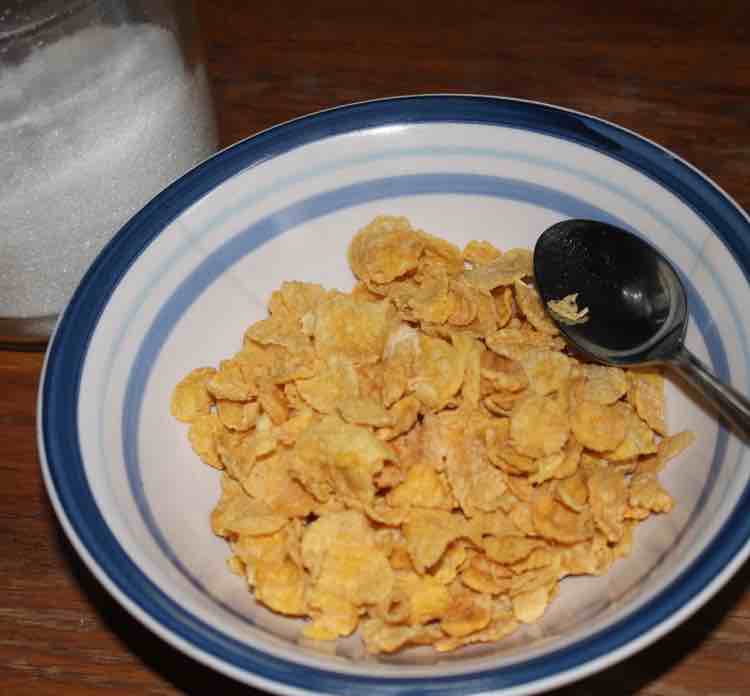
Artificial sweetenersIronically artificial sweeteners increase the likelihood of type 2 diabetes. And they have a negative impact on the microbiome, that huge community of diverse, friendly bugs that inhabits the intestines, bladder and many other organs such as the skin.Thus they contribute negatively in many ways to generalised immunity, inflammation and the health of the gut. Natural unprocessed honey has a low GI. It is usually extracted from the comb but nothing is added or lost; it is rich in pollen. It is never heated or even warmed above 40C, the temperature in the hive in any way. 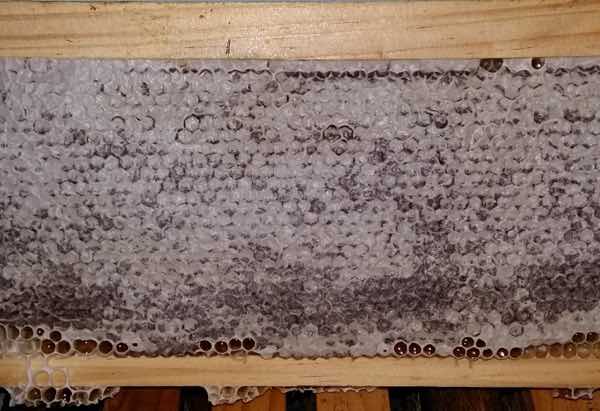
Natural-honey.html StabilizersSodium pyrophosphate is a common stabilizer used as a thickener, emulsifier and preservative. Officially it is reckoned by the USDA to be safe for human consumption; however it has been shown that it dramatically reduces the availability of calcium in the body. It contributes to osteoporosis.German researchers have strongly fingered the chemical in those suffering from chronic kidney disease and cardiovascular conditions. It is also linked to hypertension and macular degeneration.
Stabilisers are often added to commercial hummus to make it smoother and extend its shelf life. Risk of malignant neoplasms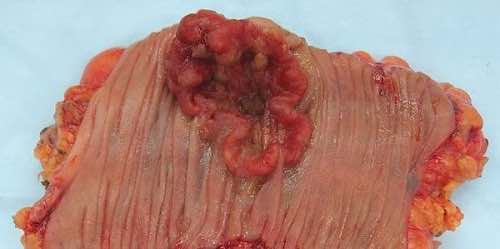
Ultra-processed foods are associated with all tumours but especially those of the liver and throat but less convincingly of the colorectal region; by around 25%. Inflammatory bowel diseasesStudies have shown that UPFs are associated with a nearly 50% increase in the likelihood of inflammatory bowel disease. The emulsifiers polysorbate 80 and carrageenan are just two of the offending chemicals used in ultra-processed foods.What-is-emulsifier-in-food.html Obesity and type 2 diabetesStudies have shown that those eating large amounts of UPFs generally consume about 500 more calories per day.Changing from a healthy diet to one high in Ultra-Processed Foods results in a 1kg weight gain every two weeks; and is linked to an increase in fatty liver and pancreas disease.
Sauces and dressingsThe shelves of supermarkets are loaded with a variety of sauces and dressings that in the main are definitely ultra-processed foods.That could be preserved lemon juice, ketchup or a hot chili sauce used to spice up tasteless pasta for example. We have become so obsessed by time, almost turning it into a god before which we must bow down, that the few seconds to squeeze a lemon, slice up a peppadew or simmer a tomato sauce are considered wasted. There is simply no way around it; avoiding ultra-processed foods and their associated serious diseases means returning to pressing, grinding and chopping many of our favourite herbs and spices.
"To me, cooking is personal. I want to be surrounded by things that give me comfort." - Chris Pretorius Chris Pretorius has rediscovered the joy of cooking. Time spent in the kitchen is not wasted. In any case those precious minutes are but a tiny fraction of the hours that will be spent frequenting doctors' consulting rooms; once those chronic degenerative diseases associated with UPFs strike as they surely will. "It has been estimated that 20% of Medicare beneficiaries have five or more chronic conditions; and fifty percent are taking 5 plus drugs." Wheat flourGrains of wheat are the unprocessed food; inedible though for humans.Then there are at least three levels of milling and refining. 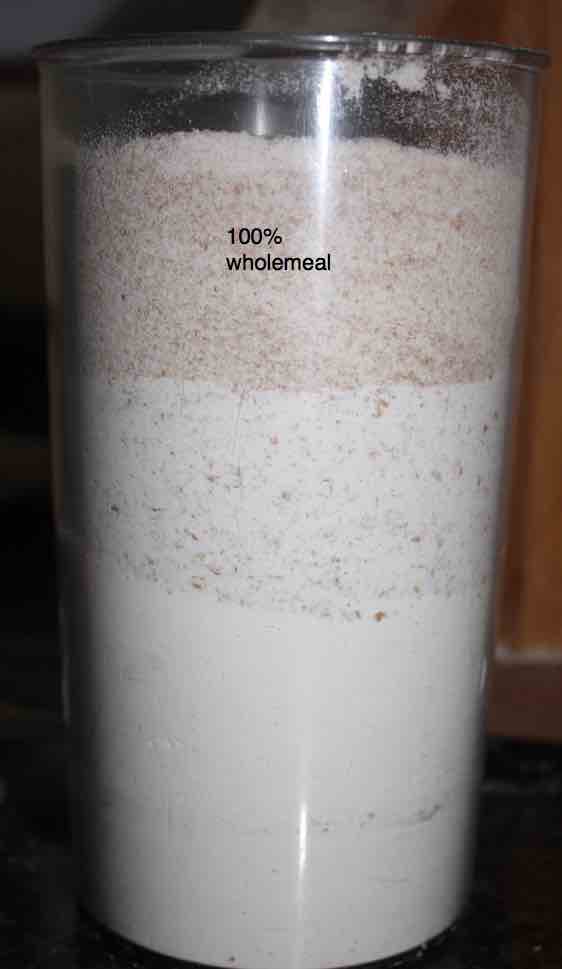
Top: Minimally processed wheat flour Centre: Highly processed bread flour Bottom: Ultra-processed cake flour
CornmealTrue whole grains are characterised by no separation of the three streams of bran, germ and endosperm; you will not find them in typical grocery stores.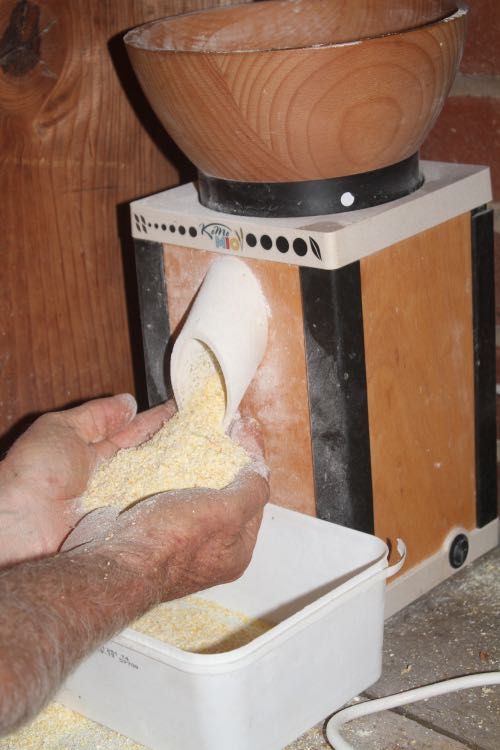
True wholesome grits made from this kind of maizemeal is without equal. Added fat increases the absorption of important phytonutrients like zeaxanthin. 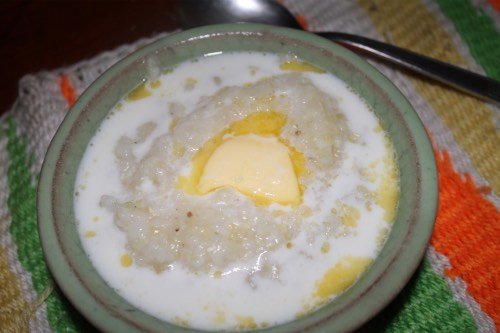
You will not be able to make grits like this from cornmeal purchased in the grocery store; whole grains have all the flavour and give the satiety that is completely lost from ultra-processed foods. The "incretin hormones" signal the stomach to release the carbs slowly, the pancreas to begin producing insulin in small amounts and the hypothalamus in the brain when we have had enough to eat.
And the cost in comparison with cornflakes is a very small fraction.
Take-homeThe take home is that better health means rowing upstream; we do have the oars. Purchasing a small stone mill to grind wheat and corn is in reality a very small investment in one's future wellness.The decision to bake one's own bread using 100% flour is neither hugely costly in terms of time nor the wallet. There is a strong body of opinion that the abdominal disturbances attributed to gluten are misplaced; most commercial breads Ultra-Processed Foods, laced with chemicals and from which much of the goodness has been extracted. What's more the sourdough method that has been used from time immemorial to leaven bread by predigesting the gluten will satisfy the great majority of those who have issues with the common loaf. Making the authentic hummus recipe really does take only five minutes once you are in the groove; and have the tahini and chickpeas at hand. Trust me, I've been doing it for over twenty years; twice every week. The people of the Blue Zones have shown us the way by returning to the lifestyle of our forefathers. No more will we have to struggle continuously with our weight, with diabetes and with all the other issues associated with obesity. We will take little or no medication. Ultra-processed foods be gone! You can delete that dirty four letter word "diet" from your vocabulary and thinking for ever. No longer need we be terrified by Dr George Campbell's 20-year rule seen on the first graphic on this page.
Create your own Cyan ZoneCare for the planet in whatever way you can. Look after yourself and the family in every possible manner; not only other people get these preventable diseases.It will mean a total overhaul of every aspect of your lifestyle; it has in fact been the most rewarding facet of my whole being. We look upon caring for our bodies as a spiritual duty, on a par with reading of the scriptures and prayer. This human frame is the dwelling place of Almighty God; it behooves us to look after it.
Bernie
Create a cyan zone at your homeClick here to return to the home page and subscribe to this newsletter, if you have not already done so. Care for the world, look after your family.It is simple to unsubscribe if you later find these newsletters boring or irrelevant. Don't spam, but please forward this newsletter to a few selected friends who you think might be interested in sitting under the trees they once planted, sipping tea and watching the great-grandchildren growing up; and still be able to take long walks.
x Diseases from plastic exposure x A world largely devoid of Parkinson's Disease x The impact of friendly bacteria in the tum on the prevention of cancer x There's a hole in the bucket x Everyone is talking about weight loss drugs x Pull the sweet tooth x If you suffer from heartburn plant a susu x Refined maize meal and stunting x Should agriculture and industry get priority for electricity and water? x Nature is calling x Mill your own flour x Bake your own sourdough bread x Alternative types of water storage x Wear your clothes out x Comfort foods x Create a bee-friendly environment x Go to bed slightly hungry x Keep bees x Blue zone folk are religious x Reduce plastic waste x Family is important x What can go in compost? x Grow broad beans for longevity x Harvest and store sunshine x Blue zone exercise x Harvest and store your rainwater x Create a cyan zone at your home |
| Back to Back Issues Page |
